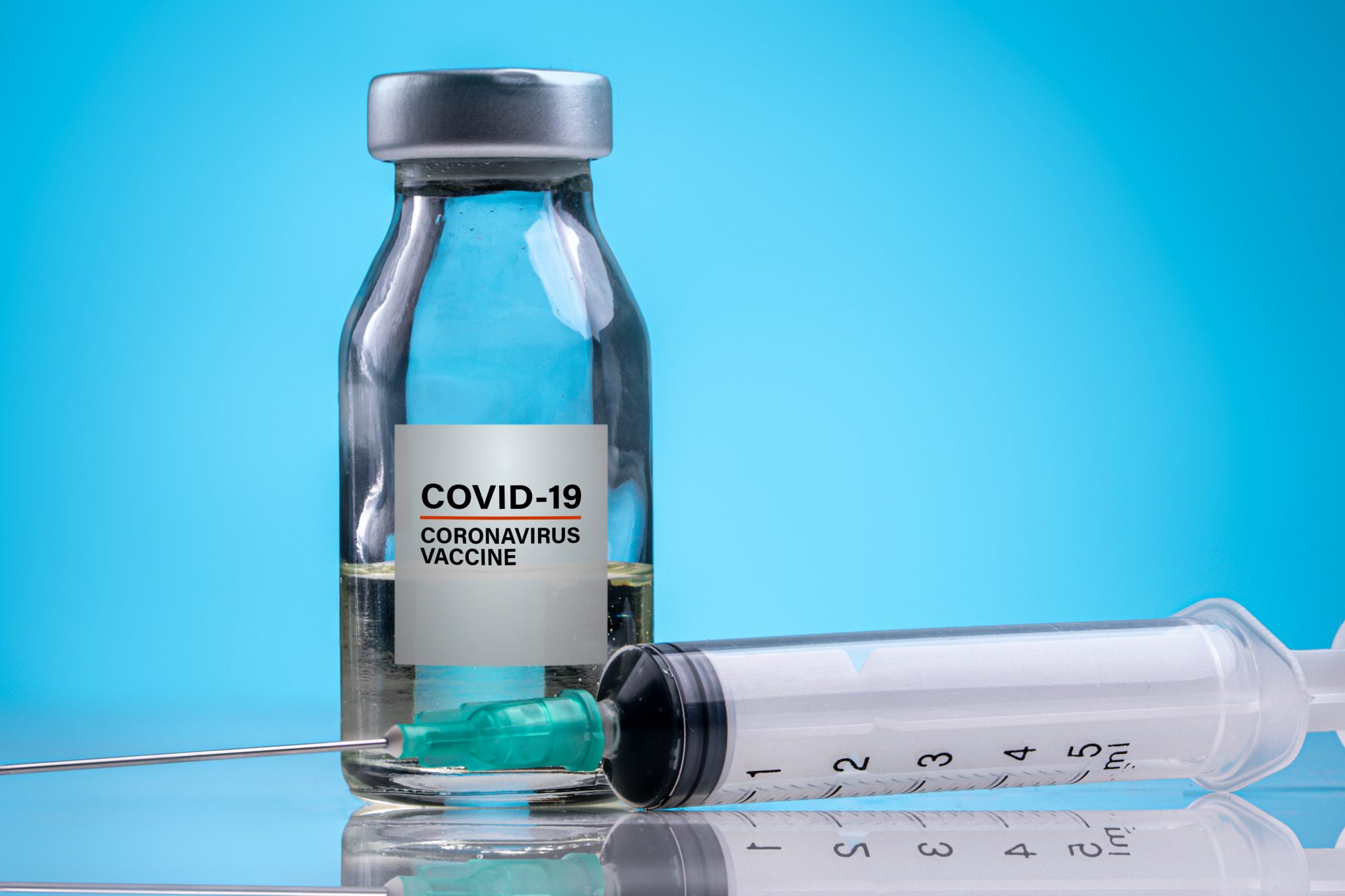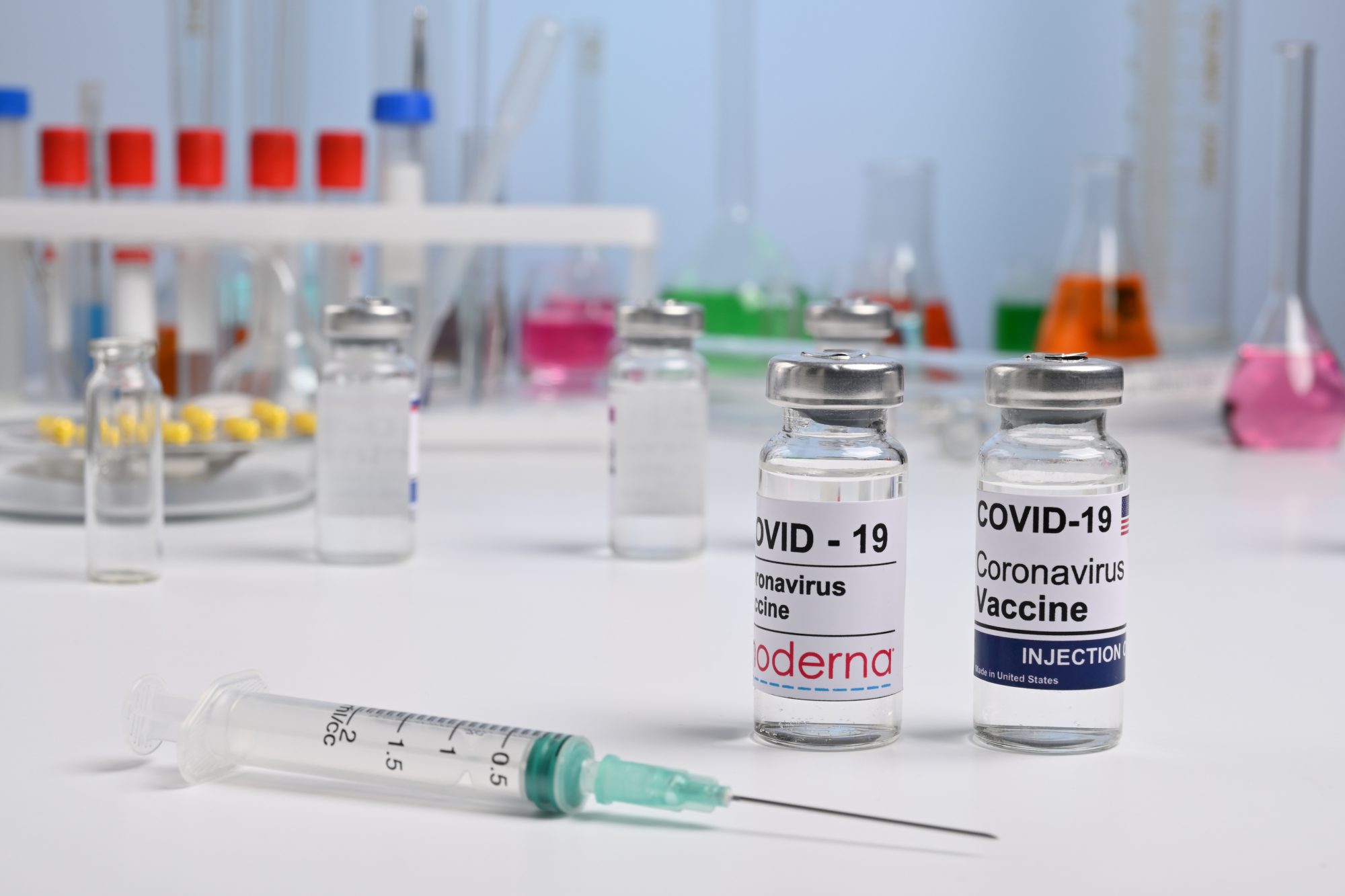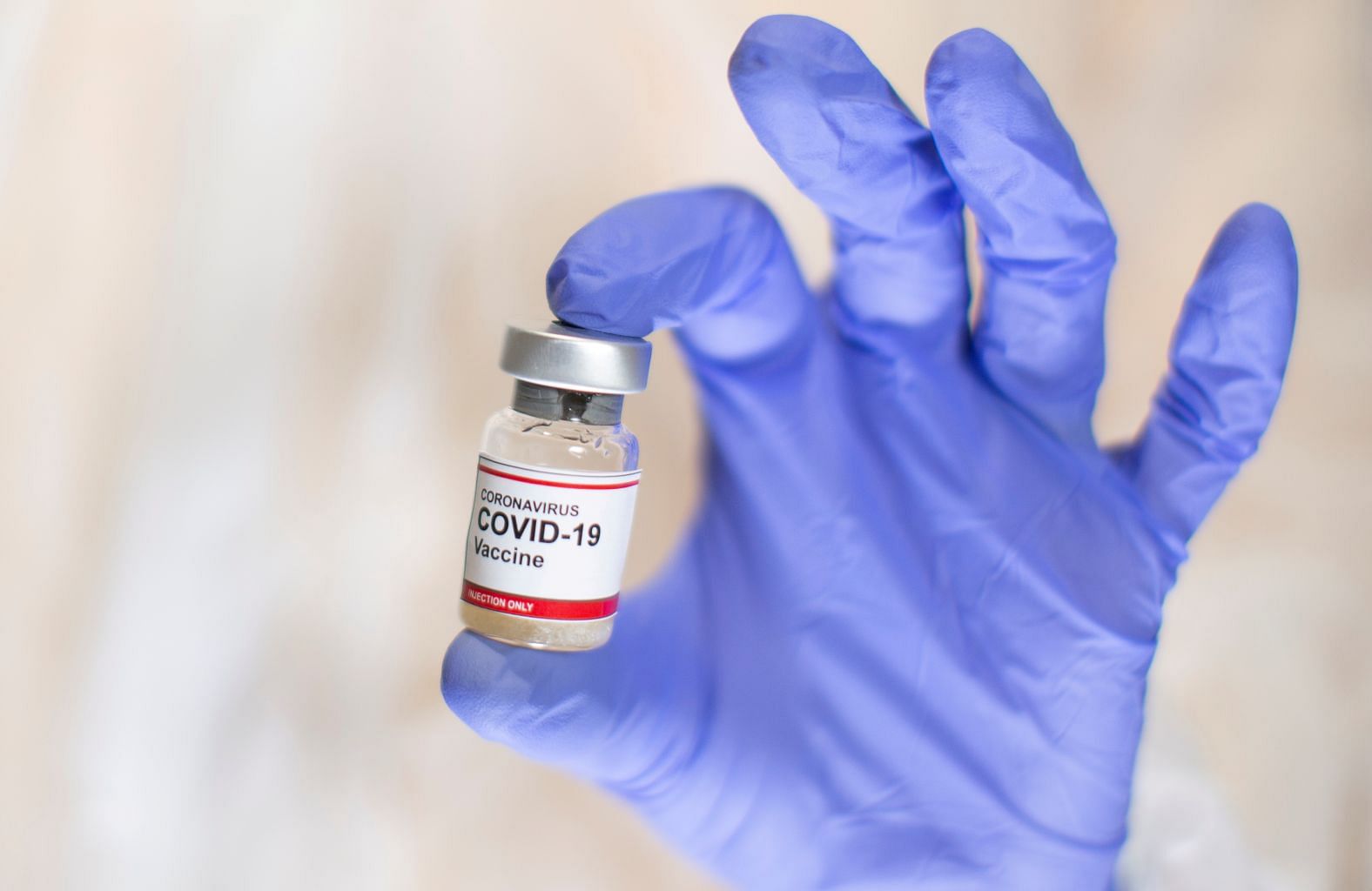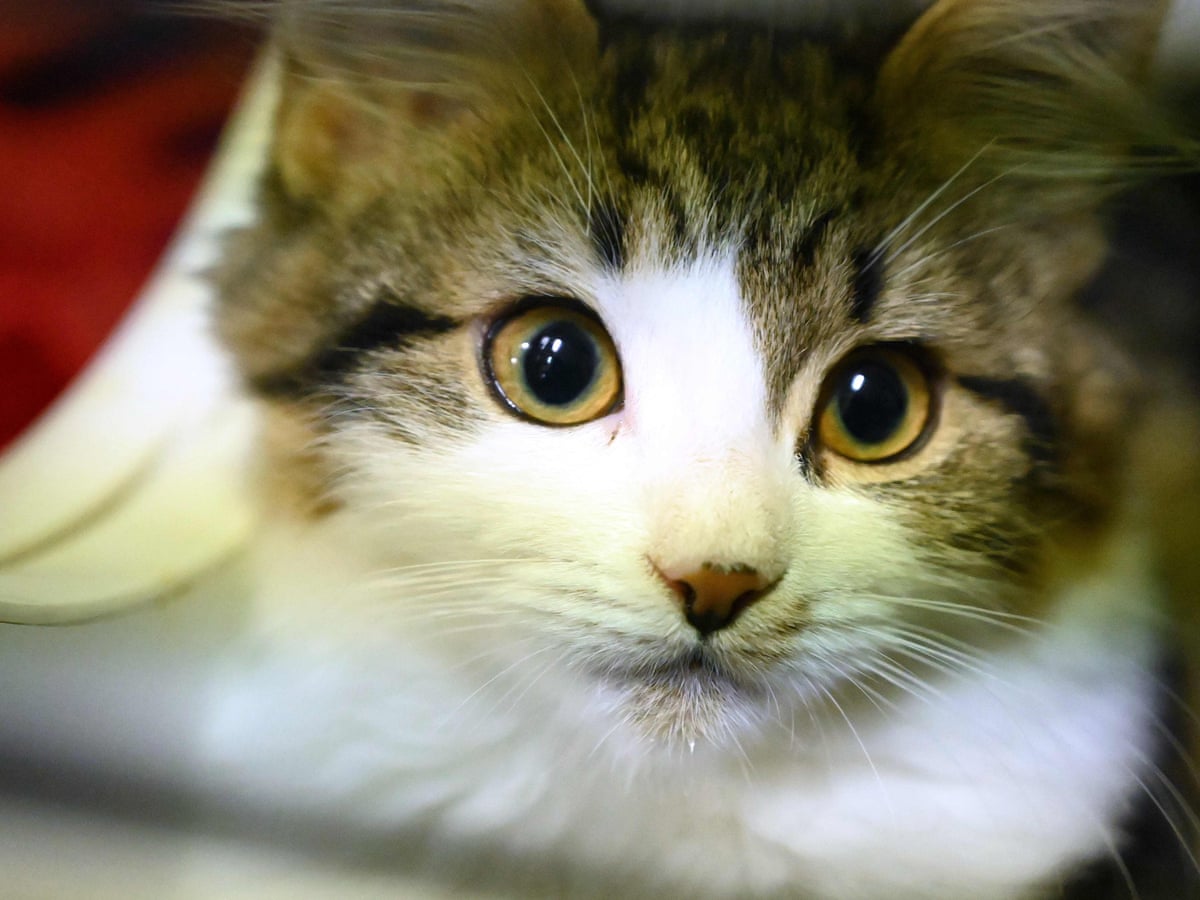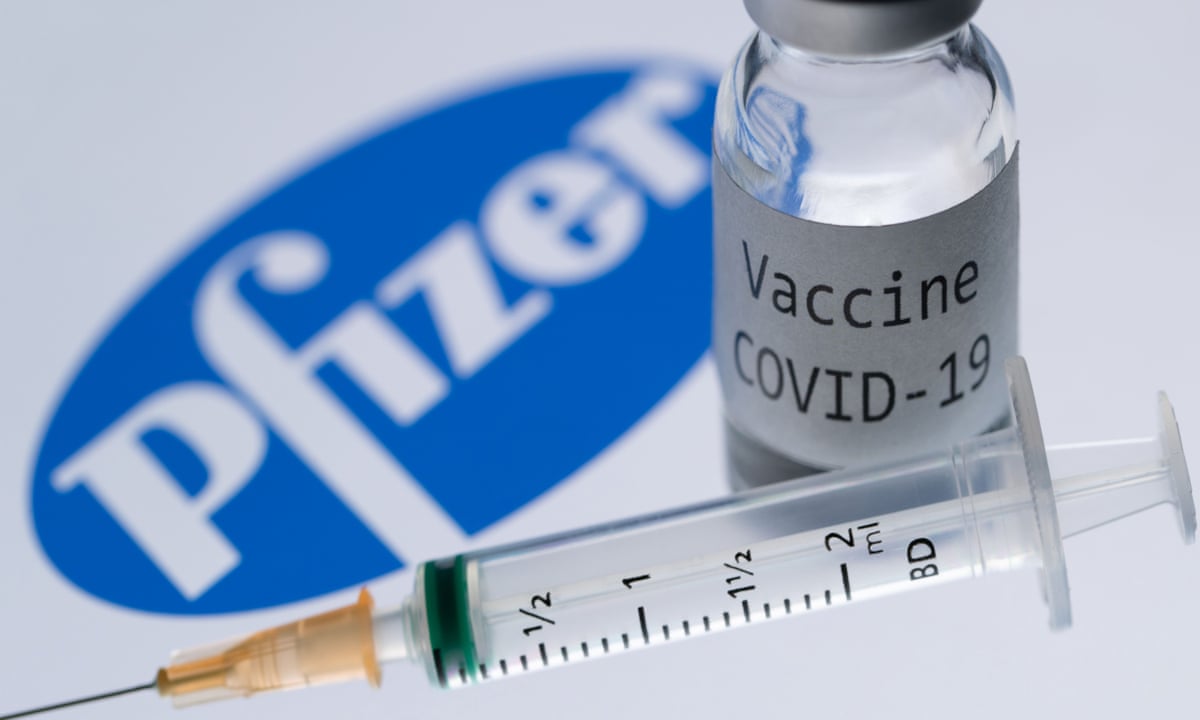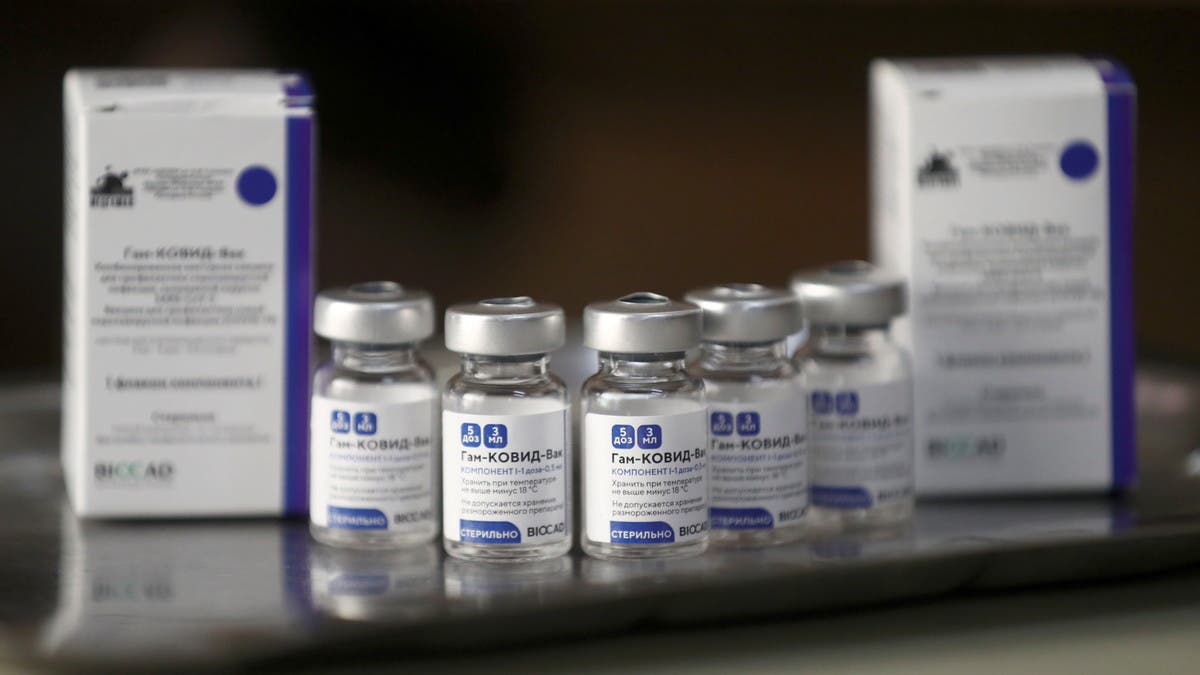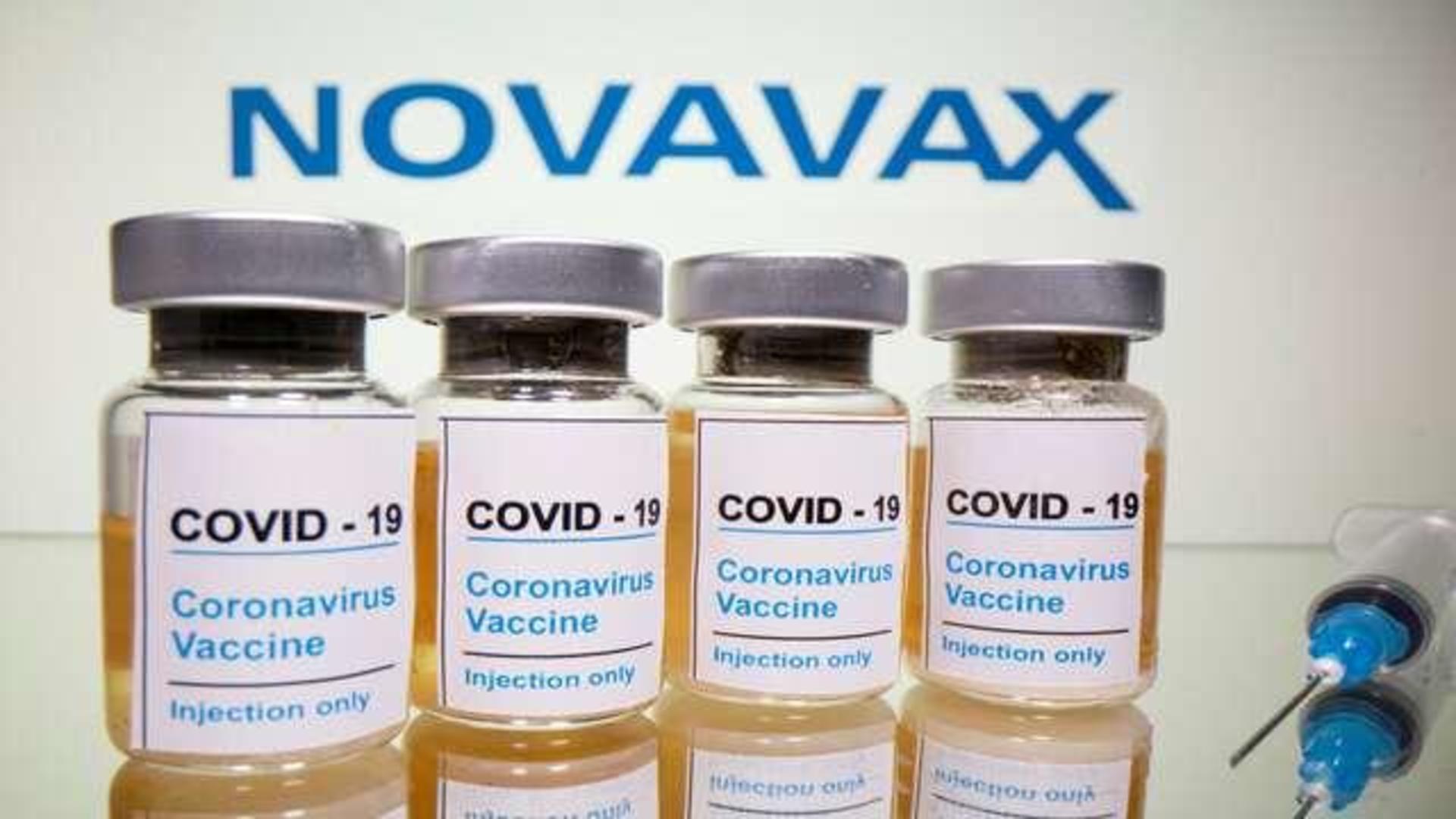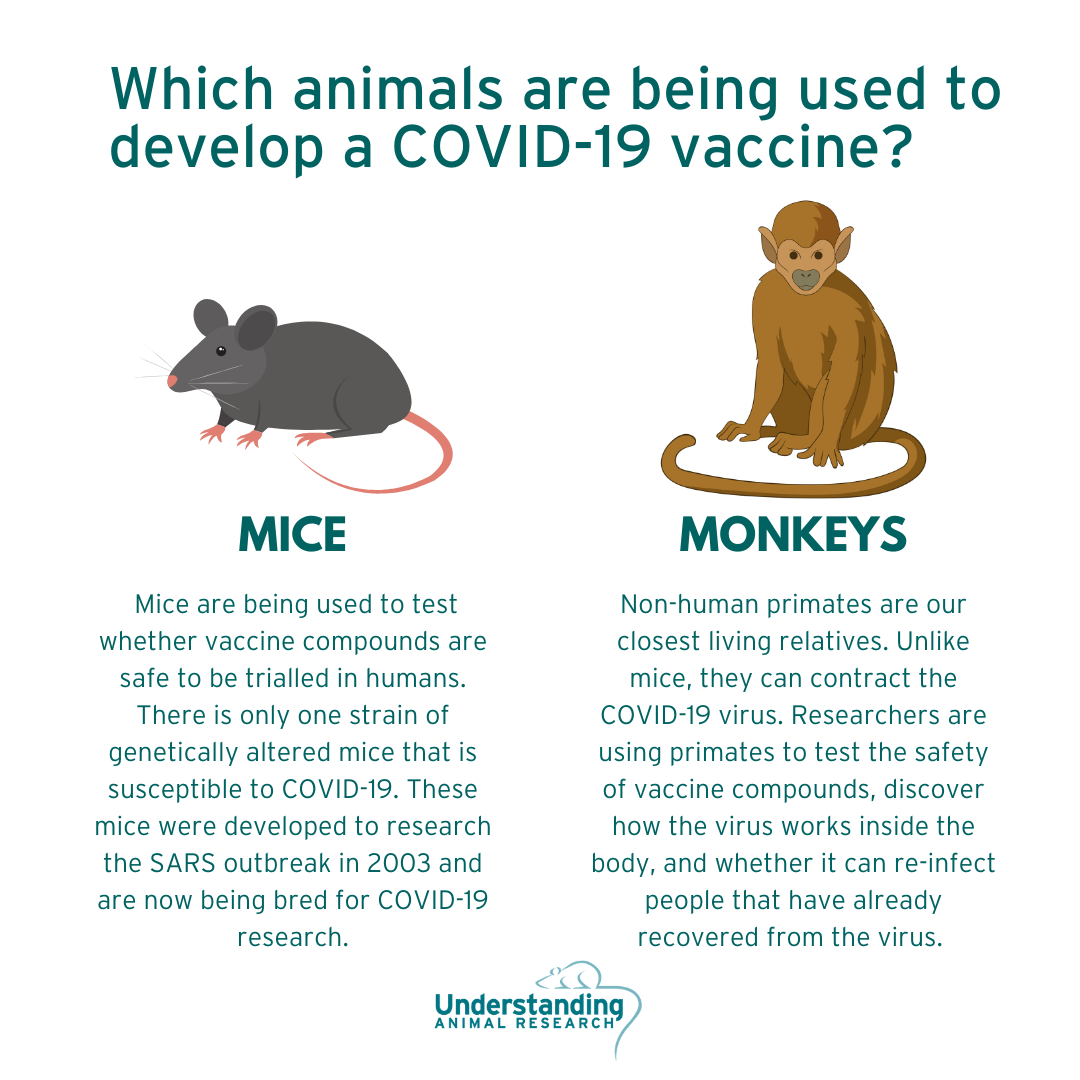Coronavirus In Cats Vaccine

The hunt for a coronavirus vaccine has been horrendous for some animals.
Coronavirus in cats vaccine. However its symptoms can be similar to a much more serious condition. An early concern for application of a SARS-CoV vaccine was the experience with other coronavirus infections which induced enhanced disease and immunopathology in animals when challenged with infectious virus a concern reinforced by the report that animals given an alum adjuvanted SARS vaccine and subsequently challenged with SARS-CoV exhibited an. Vaccination will protect the vast majority of cats but under some circumstances vaccine breakdowns will occur.
Symptoms but sadly most affected cats have to be euthanased. Feline coronavirus is a positive-stranded RNA virus that infects cats worldwide. Parvovirus which is not a coronavirus.
But according to Zac. CDC USDA state public health and animal health officials and academic partners are working in some states to conduct active surveillance proactive testing of SARS-CoV-2 in pets including cats dogs and other small mammals that had contact with a person with COVID-19. The vaccine should be available by the end of January according to the head of the veterinary and Phytosanitary.
Cats could play an important role in the search for a coronavirus vaccine according to new research that builds on our current understanding of how COVID-19 affects pets. A intranasal TS-FIPV vaccine that protects against natural coronavirus challenge is available for healthy cats 16 weeks of age or older. Due to its severity parvovirus vaccine is considered.
Scientists still dont fully understand how coronavirus is transmitted in humans or animals. The Australian Veterinary. Black market cure for cats with feline infectious peritonitis is illegal but is saving thousands of lives.
Russia develops a vaccine for cats. GLASGOW Scotland For many people rushing to get the COVID-19 vaccine one of the top reasons is likely so they can keep those they live with safe. The presence of coronavirus antibodies can be used to screen cats for the presence of coronavirus infection and as an adjunct in diagnosing clinical coronavirus infection.
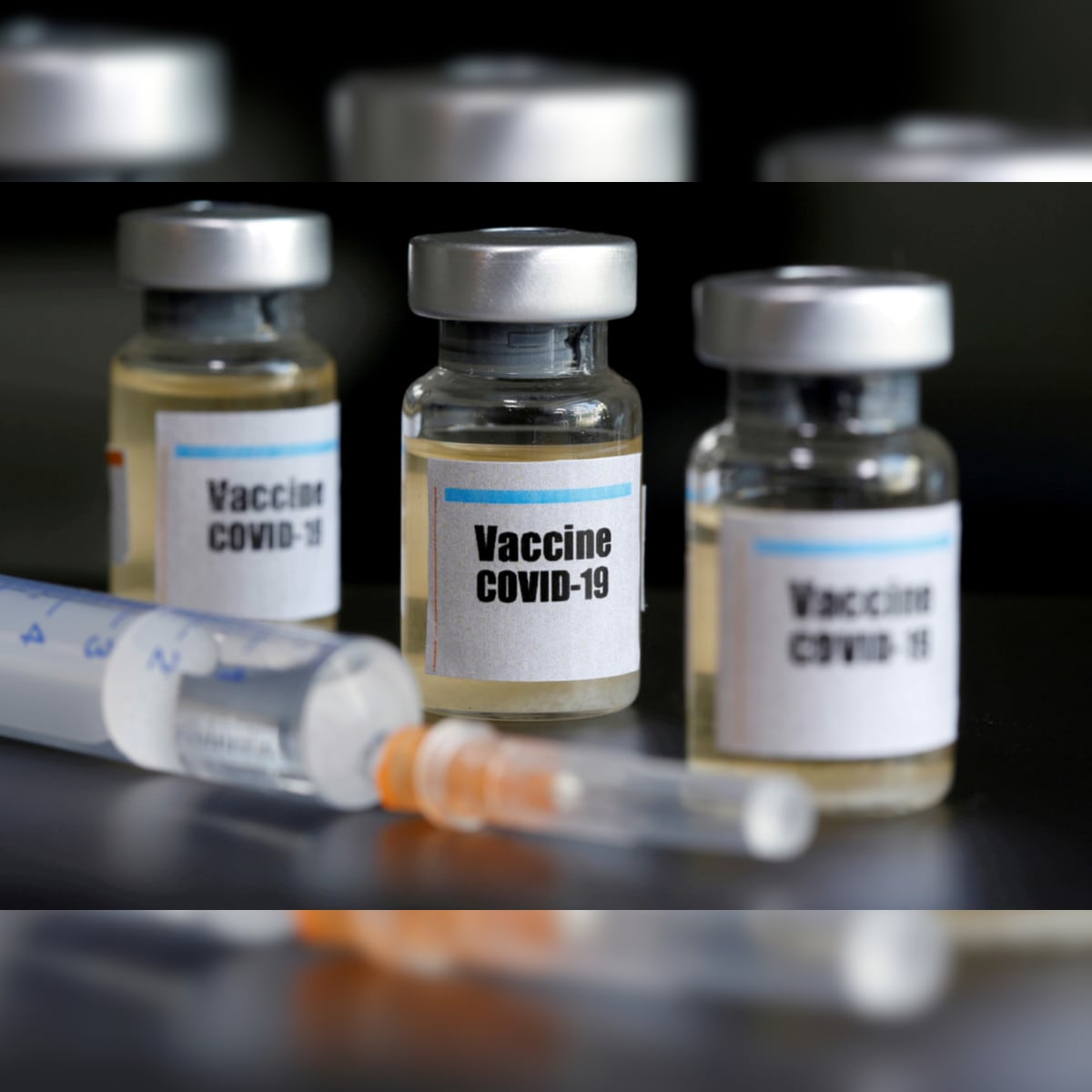
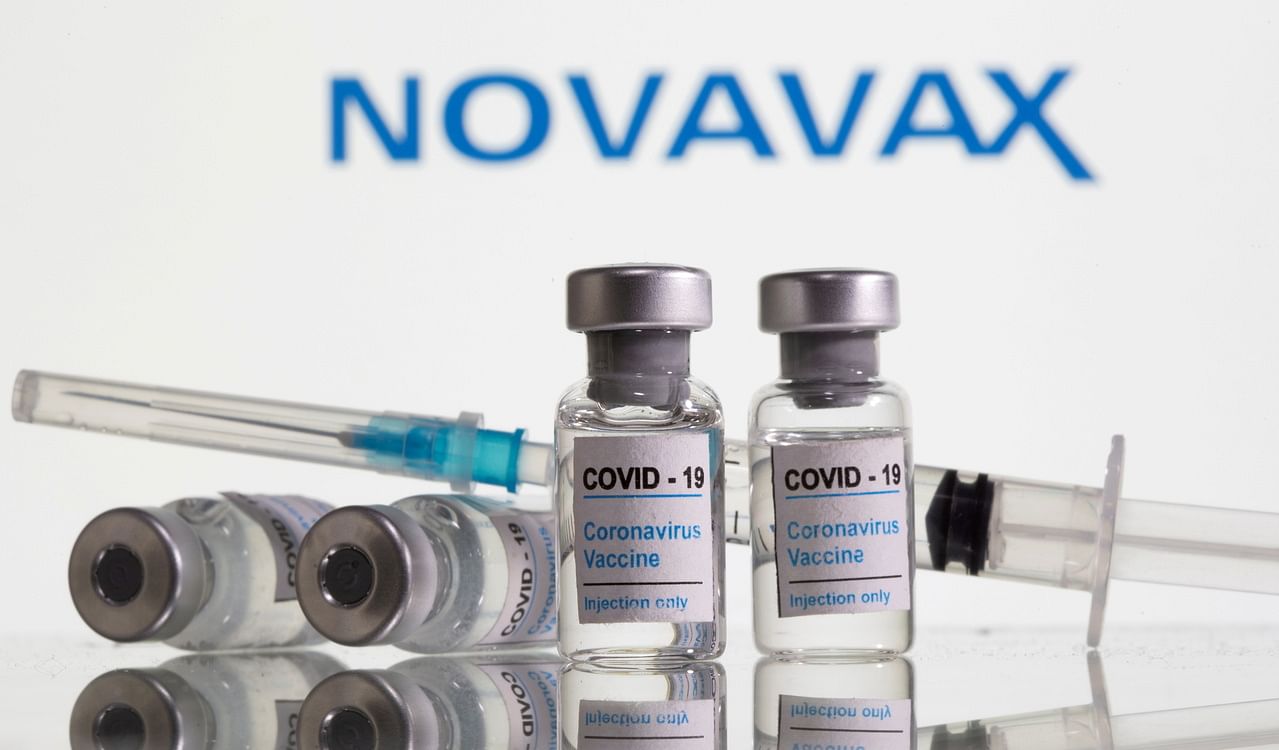
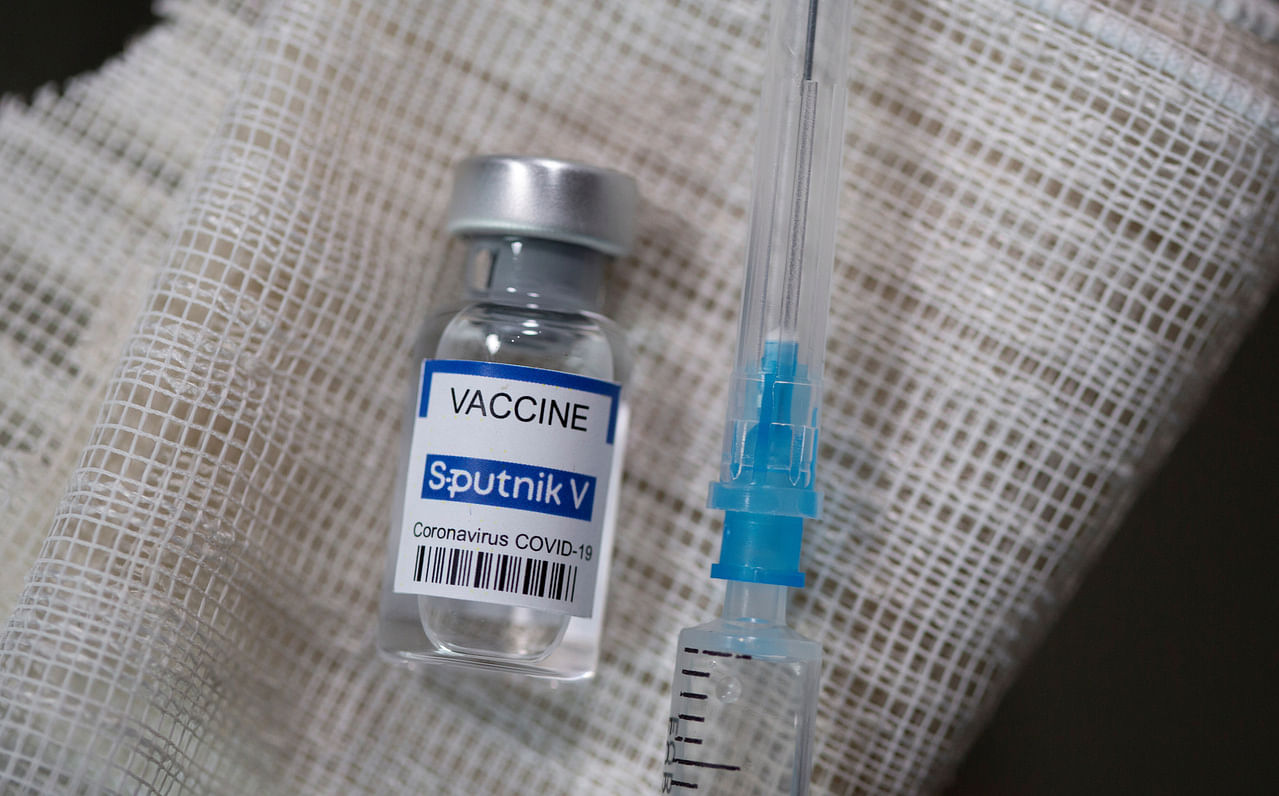
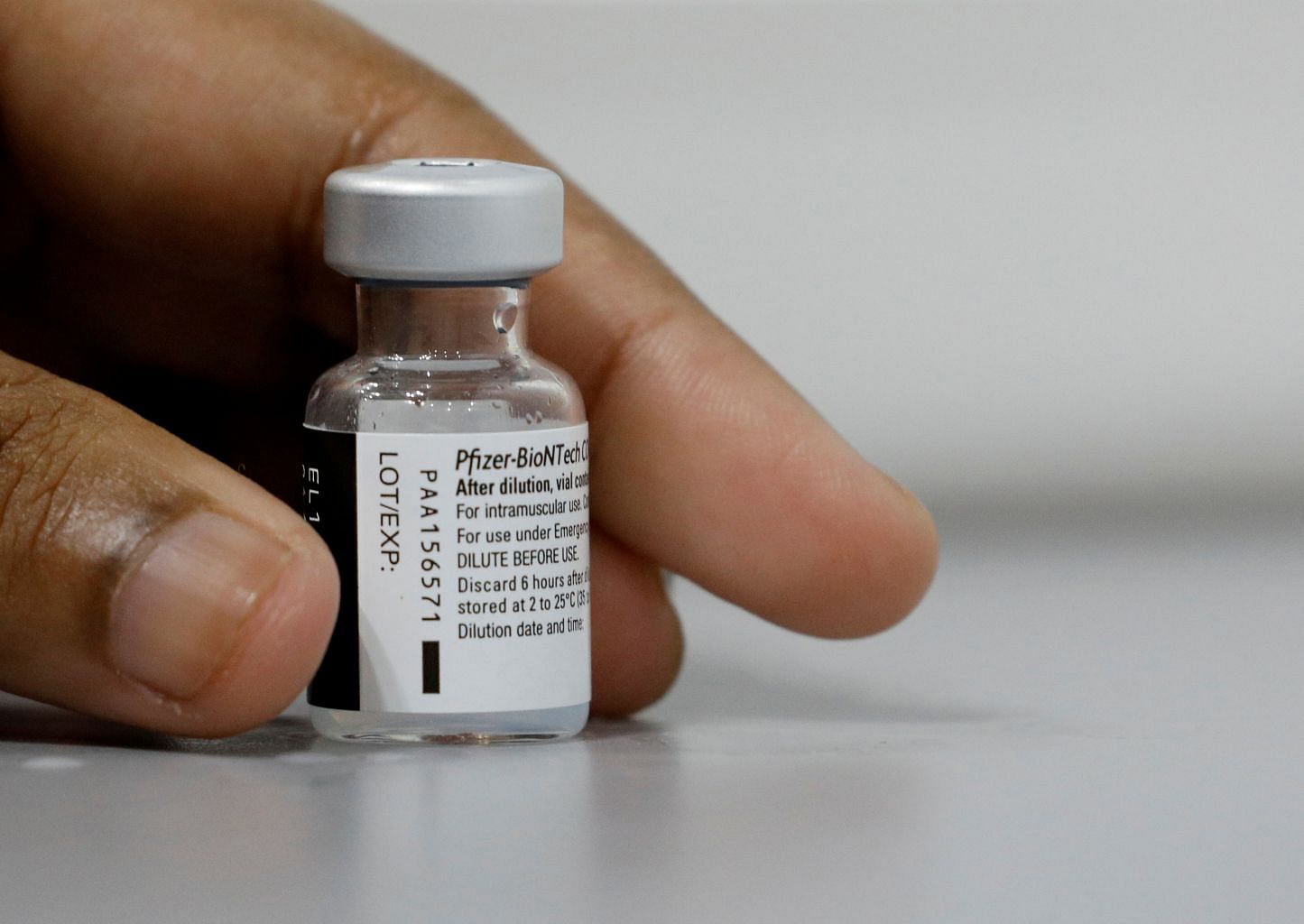
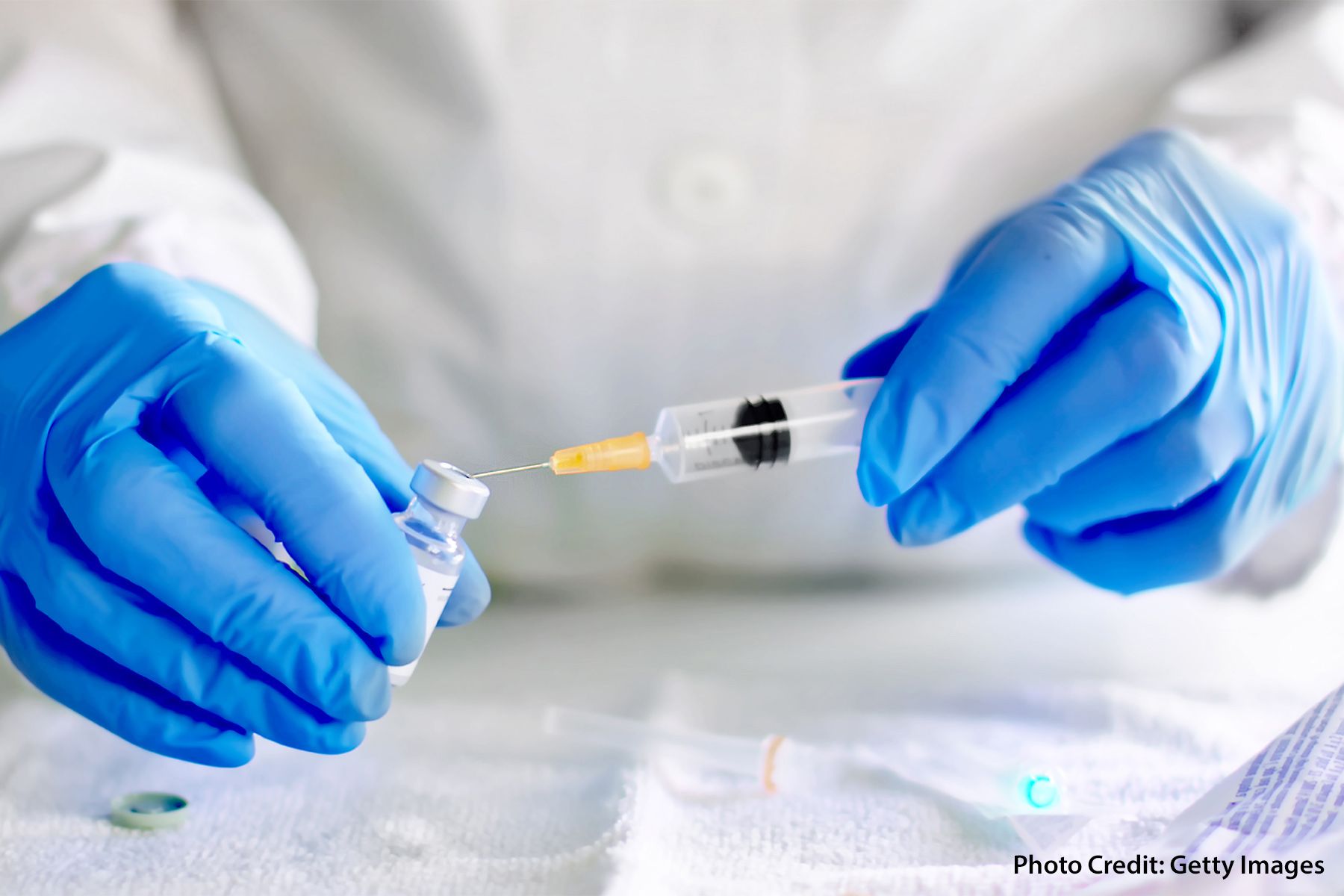

/cloudfront-us-east-2.images.arcpublishing.com/reuters/ES4Z3R4ORJNRZGG7WAGKY3GRDE.jpg)
